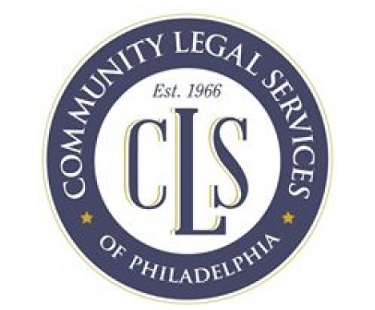PA General Assembly Enacts Bipartisan Economic Recovery Bill, Removing Criminal Record Barriers to Occupational Licensing
 The Pennsylvania General Assembly has enacted Senate Bill 637 (DiSanto, R-Dauphin/Perry and Schwank, D-Berks), which reforms occupational licensing by getting rid of outdated criminal record restrictions for the professions and occupations which are regulated by boards and commissions within the Bureau of Professional and Occupational Affairs (BPOA).
The Pennsylvania General Assembly has enacted Senate Bill 637 (DiSanto, R-Dauphin/Perry and Schwank, D-Berks), which reforms occupational licensing by getting rid of outdated criminal record restrictions for the professions and occupations which are regulated by boards and commissions within the Bureau of Professional and Occupational Affairs (BPOA).
Prior state law perpetuated racial disparities in arrests in the criminal justice system by disproportionately keeping persons of color out of the licensed professions for convictions that are long past or have no relationship to the duties of the profession. It also hampered workforce development by excluding otherwise fully qualified professionals from working in licensed occupations, even when employers wished to hire them. By removing these barriers, the bill will help thousands of Pennsylvanians join in the economic recovery from the recession caused by the COVID-19 pandemic.
- SB 637 requires disqualifying convictions to be related to the practice of the occupation.
- Out with the old: Previously, license applicants could be excluded for any felony for the rest of their lives. They would also be rejected based on vague phrases such as “moral turpitude” or “good moral character.”
- In with the new: Under the bill, applicants can only be denied for convictions that are directly related to the practice of the profession, or where the applicant’s criminal actions demonstrate a substantial risk to coworkers or customers.
- Individualized consideration of applicants’ suitability: Applicants who otherwise would be rejected based on their records will have an opportunity to present evidence of their fitness for the occupation. Automatic bans on licensure would be limited to sex crimes, serious crimes of violence, or drug trafficking offenses.
- Rules will be clear and transparent: Currently, BPOA boards have no regulations or policies guiding their consideration of criminal records. SB 637 requires publication of a list of the crimes that are directly related to each profession and that will be applied in licensure decisions. The Department of State will publish a guide for potential applicants, explaining how a record may affect their likelihood of obtaining a license and describing steps they can take, if necessary, to prove that they would not pose a risk to clients or coworkers.
- Preliminary decisions can be obtained: To ensure that people don’t waste time and money on training they can’t use, SB 637 allows people – prior to taking out student loans and enrolling in classes - to get a preliminary decision on whether their records would preclude a license.
- Restricted licenses can be granted for people trained at taxpayer expense: Aspiring barbers and cosmetologists are frequently trained in state correctional institutions. SB 637 permits restricted licenses for people who have been trained at taxpayer expense, even where they would otherwise be denied due to their records. Licensees can work under supervision for one to two years to demonstrate suitability for the job.
Sharon Dietrich, Litigation Director for Community Legal Services, said, “We are delighted that the General Assembly recognizes in SB 637 that a conviction should not be a life sentence to poverty. This bill will allow people who do not present risk to move on to better jobs and provide better lives for their families. We thank our partners who worked with us on this bill, especially the Justice Action Network."
According to the 2018 report of a task force on occupational licensing appointed by Governor Wolf, around one million Pennsylvanians – about one in twelve state residents -- are licensed by the boards and commissions that comprise BPOA (Section 3.1).
More than two dozen occupations are regulated by BPOA, from architects to veterinarians. Legal aid clients most affected by these restrictions work as barbers, cosmetologists, and nurses.
The House also considered a companion bill (House Bill 1477 – Delozier, R-Cumberland and Harris, D-Philadelphia). Community Legal Services thanks the General Assembly, and especially all of the prime sponsors, for their hard work on this bill and on criminal justice reform measures more generally.